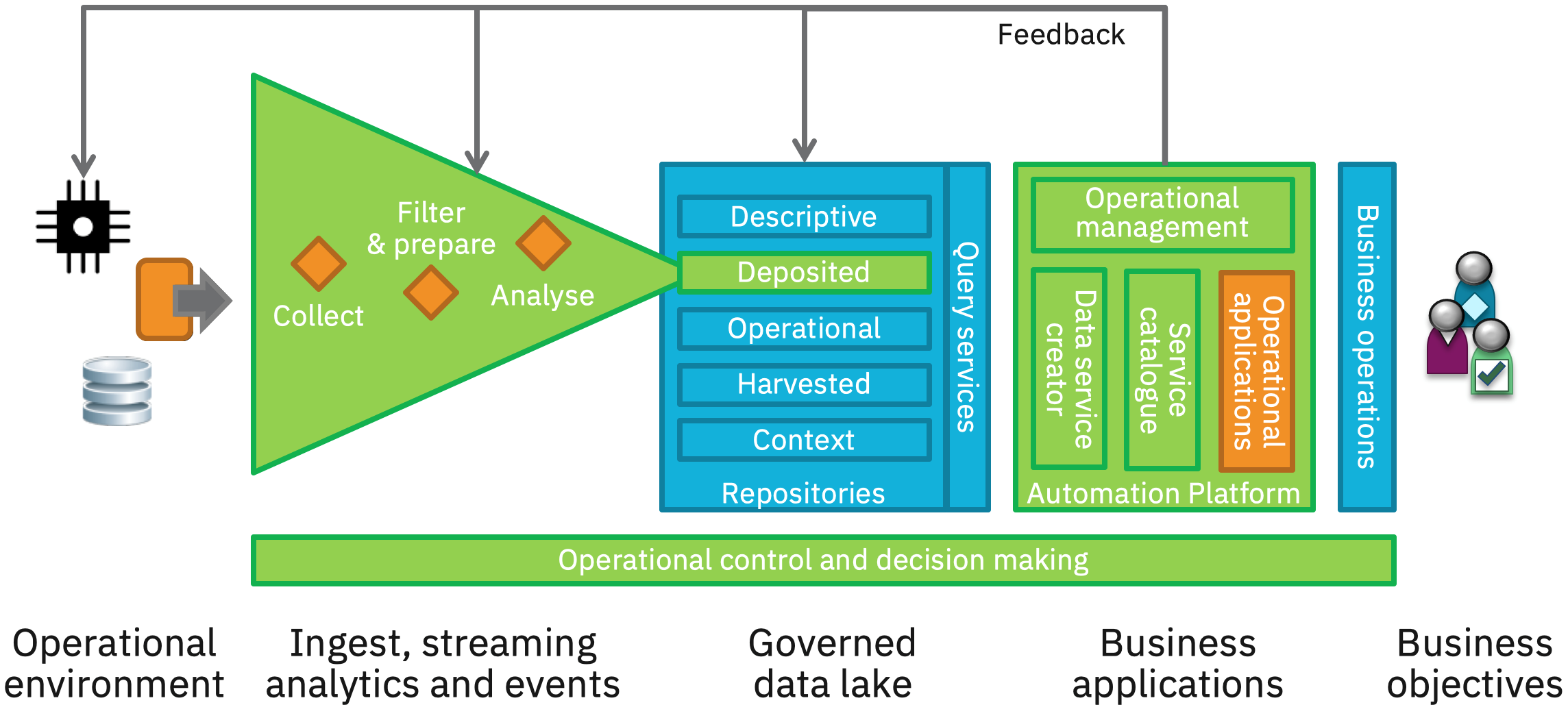About cookies on this site Our websites require some cookies to function properly (required). In addition, other cookies may be used with your consent to analyze site usage, improve the user experience and for advertising. For more information, please review your options. By visiting our website, you agree to our processing of information as described in IBM’sprivacy statement. To provide a smooth navigation, your cookie preferences will be shared across the IBM web domains listed here.
Government
Gaining the information advantage
26 February, 2019 | Written by: Chris Nott
Categorized: Government
Share this post:
Government departments are facing varied and evolving threats. These are often asymmetric and demand speed and agility by Governments to understand and counter adversaries that include serious organized crime, fraudsters, insurgencies and terrorism. It is not limited to defence and public safety organisations, but affects departments collecting taxes and providing benefits.
Cloud computing offers new opportunities to Government departments. It is one that they must grasp because their adversaries have access to immense compute power and data at the click of a mouse. However, departments need to play to their strengths and transform their organizational models to become nimble and smart in their use of cloud services to retain the upper hand.
The amount of data being generated is increasing. The Internet of Things offers huge volumes of machine data, there is video, audio and other content, and information sources offered by other departments and third parties. The challenge for Governments is how to cut through all this content and put it in context to better exploit it.
Harnessing the data
Analytics are developed to meet business objectives. This begins with filtering and preparing data into a meaningful and relevant form at scale for real-time and subsequent analysis. The data lake contains services for all different data types (structured and unstructured), facilitates data fusion and offers a variety of analytics and cognitive engines. Cloud computing and information governance underpins these to simplify permitted data access and use of resources for algorithm development and running analytics. The data lake exposes services for use by cloud native applications, assembled quickly for short-lived, immediate, as well as enduring business needs.

Perhaps the most important capability for Government departments to realise is feedback: value is inhibited if the information flow is unidirectional. Implemented properly, feedback allows business operations to learn and influence the operational environment (eg direct sensors), to dynamically adjust ingest and streaming analytics in line with current operational needs, and to adapt the flow, access and analysis of information in the data lake. And, they can recompose applications using microservices.
How to start
A good first step is to implement a value stream for one operational need. A multi-disciplinary team is assembled with personnel from all appropriate organizational silos with a remit that spans technical and business capabilities end-to-end. The team pursues the business outcomes of the selected operational need.
The approach is extended to further operational needs once proven. Business transformation is therefore part of gaining the information advantage, but so too is sound information government across the value stream because it makes information more readily accessible whilst retaining control.
Ask yourself
Are you aware of, able to access and analyse the most useful information to make the best decisions? Can you trace the origin of all the information used to make a business decision? How do you measure and improve the effectiveness of decision making and the resulting actions taken?

Chris Nott
Global Technical Leader for Defence & Security
More Government stories
By Col Chambers and Ed Gillett on 5 February, 2025
Preparing for the defence of the Realm
In light of current conflicts, the UK is now faced with real-world military decisions that will affect our immediate future. Ed Gillett and Col Chambers assert that industry and government must switch to a readiness mindset before the European post-war peace shatters. “My vision for the British Army is to field fifth-generation land […]
By Juan Bernabe Moreno and others on 12 December, 2024
Frontier Fusion: Accelerating the Path to Net Zero with Next Generation Innovation
Delivering the world’s first fusion powerplants has long been referred to as a grand challenge – requiring international collaboration across a broad range of technical disciplines at the forefront of science and engineering. To recreate a star here on Earth requires a complex piece of engineering called a “tokamak” essentially, a “magnetic bottle”. Our […]
By Nick Levy on 9 December, 2024
Safer Technology Change in the Financial Services Industry
Many thanks to Benita Kailey for their review feedback and contributions to this blog. Safe change is critical in keeping the trust of customers, protecting a bank’s brand, and maintaining compliance with regulatory requirements. The pace of change is never going to be this slow again. The pace of technology innovation, business […]


